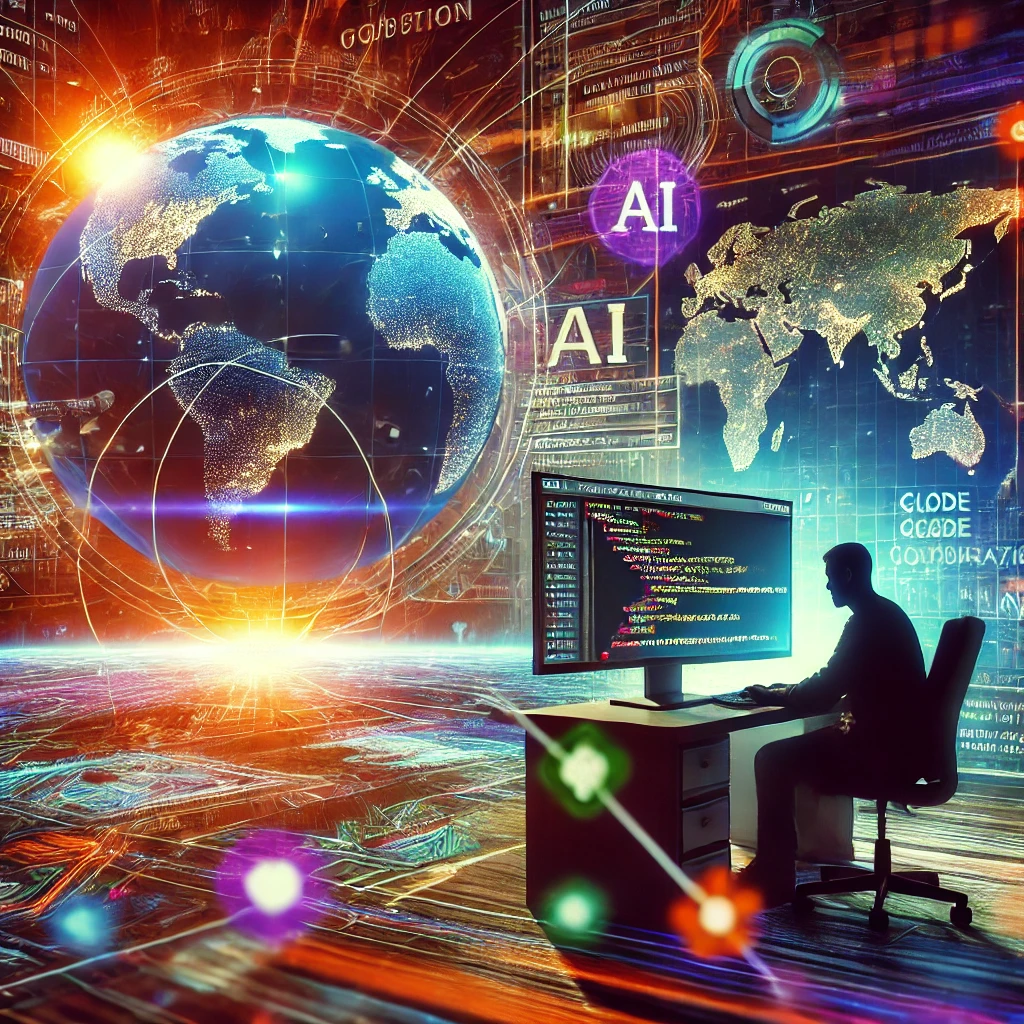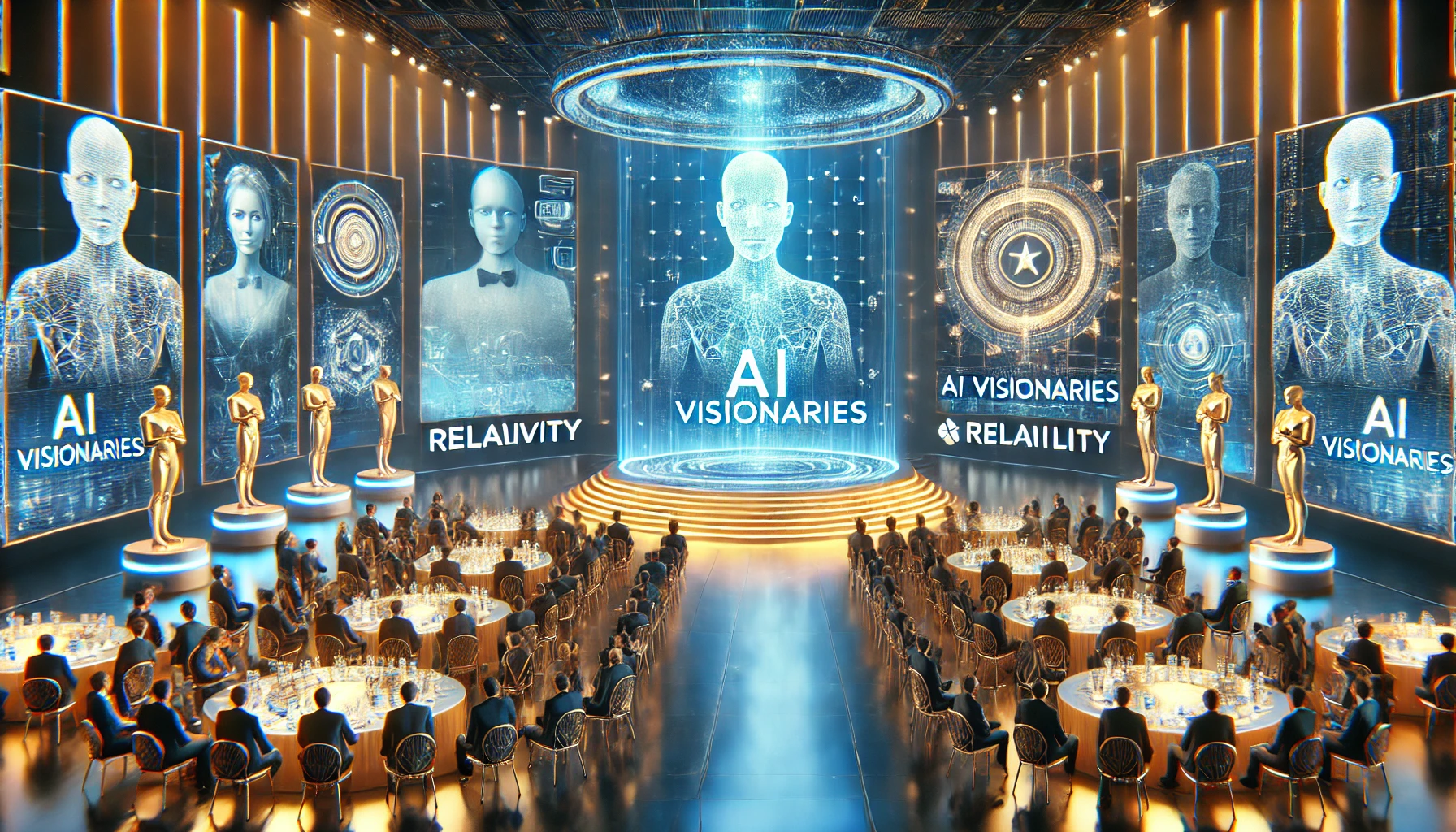The world of software development is undergoing a profound transformation, driven by two powerful forces: artificial intelligence (AI) and globalization. These twin trends are not only reshaping how software is written and deployed but also upending the traditional roles and value propositions of software developers themselves. As AI tools become more sophisticated and development work is increasingly outsourced to lower-cost markets, the costs of producing software are dropping—along with the value of developers in high-cost regions.
AI’s Growing Role in Software Development
The rise of AI-powered tools, particularly in software development, is fundamentally altering the way code is created and maintained. Automated code generation tools like GitHub Copilot and OpenAI’s Codex are now capable of assisting with or even autonomously writing significant portions of code. These tools use natural language processing to understand developer prompts and produce functional code snippets, speeding up development and reducing the manual labor involved.
For businesses, this is a game-changer. AI-driven automation allows companies to produce software faster and with fewer resources, leading to a substantial reduction in costs. However, this has led to growing concerns among developers, particularly those in high-wage economies, about their future role. As AI continues to handle more of the repetitive and labor-intensive aspects of coding, the value of traditional developer skills is shifting.
The Globalization of Software Development
While AI tools are becoming more integrated into the development process, globalization is also intensifying competition. Software development, once the domain of highly skilled and often expensive engineers in North America and Western Europe, is increasingly being outsourced to countries with lower labor costs. Countries in Asia, Eastern Europe, and Latin America have emerged as major hubs for software development, offering companies access to skilled developers at a fraction of the cost.
With AI handling much of the heavy lifting in code generation, even junior or less-experienced developers in lower-cost regions can deliver high-quality work with the help of AI tools. This creates a perfect storm where software can be developed at a lower cost without compromising quality—placing downward pressure on the wages of developers in higher-cost regions.
Cheaper Code, Cheaper Developers?
As AI continues to evolve and globalization expands, the software development industry is witnessing a convergence: the cost of code is dropping, and with it, the perceived value of individual developers. The ability of AI to automate large portions of the development process means that companies are likely to need fewer developers, and those they do employ may be expected to manage AI tools rather than write code from scratch.
This shift could lead to a revaluation of developers’ skills. While traditional coding abilities may become less critical, new opportunities will arise for those who can harness AI tools effectively, manage AI-driven workflows, and focus on higher-level tasks like system architecture, AI ethics, and machine learning model integration.
However, the outsourcing of work to lower-cost regions, combined with AI tools leveling the playing field, means that the value of a software developer could be increasingly determined by location and their ability to adapt to this changing landscape.
A Global Race for Skills
In this new environment, the ability to differentiate oneself as a developer will become more critical than ever. While basic coding tasks may become commoditized, specialized skills—such as AI integration, cybersecurity, and cloud architecture—will grow in importance. Developers who focus on high-value areas that require human oversight, such as ethical AI deployment and system design, are likely to remain in demand.
There is also a growing emphasis on soft skills like problem-solving, creativity, and communication. These human-centric abilities are difficult to replicate with AI, and developers who can bridge the gap between technical skills and business needs will be well-positioned in the future job market.
Challenges Ahead
While the trends of AI and globalization present new opportunities, they also bring significant challenges. The devaluation of core coding skills may lead to job losses or wage stagnation for some developers, particularly those unable to transition to more specialized roles. Additionally, as companies seek to cut costs, the global outsourcing of development work may lead to increased job insecurity for developers in higher-wage economies.
There are also concerns about the quality of AI-generated code and the potential for over-reliance on automated systems. AI is still far from perfect, and human oversight remains essential to ensure that code is accurate, secure, and aligned with business objectives. As the industry adapts to these changes, maintaining a balance between automation and human expertise will be key.
The Future of Software Development
The software development landscape is evolving at an unprecedented pace, driven by AI innovation and the globalization of talent. For developers, the future will require a shift in mindset, as well as a willingness to embrace new tools and approaches. While traditional coding skills may become less valuable, developers who can adapt to AI-enhanced workflows, develop expertise in high-value areas, and embrace the global nature of the industry will continue to thrive.
As AI makes coding cheaper and more accessible, the role of the software developer is being redefined. The challenge for today’s developers is to stay ahead of the curve and ensure that their skills remain relevant in a rapidly changing world.





